Join us for a thought-provoking presentation by Dr. Barbara Taylor about what we can learn from the plight of the vaquita porpoise. Only a handful of Mexico's desert porpoise remains, and their habitat is a war zone controlled by illegal wildlife poachers. While there is still some hope, most lessons learned from this toxic situation warn us about the consequences of our unsustainable behavior. Vaquitas are collateral damage in a global struggle to save coastal and riverine cetaceans from gillnets.
Watch the webinar!
This webinar is offered for free to the public. A suggested donation of $10 per participant/viewer is encouraged and appreciated. Donations help cover webinar costs and support our education and cetacean research grant programs. Click here to donate.
ABOUT THE SPEAKER
DR. BARBARA TAYLOR
Dr. Barbara Taylor has been researching marine mammals for over 30 years. She led the marine mammal genetics group at the Southwest Fisheries Science Center in La Jolla, California for 15 years and now is a senior scientist. The group identifies units to conserve using genetic data and has promoted developing guidelines and standards to facilitate naming new taxa of cetaceans using primarily genetic data. She also specializes in estimating the risk of extinction and has worked with some of the most endangered species.
Dr. Taylor chairs the Conservation Committee of the Society for Marine Mammalogy, and serves as the Listing Authority for the Cetacean Specialist Group of the International Union for the Conservation of Nature (IUCN). In 2016 she was awarded the Society for Conservation Biology’s LaRoe award for her outstanding career achievements in translating conservation science into real-world conservation efforts. She was the chief scientist together with Dr. Lorenzo Rojas-Bracho on all vaquita surveys. She is a member of the vaquita recovery team, the steering committee for the acoustic monitoring project, and led the search effort for the attempt to take vaquitas into captivity. She co-chaired a workshop on Ex-Situ Options for Cetacean Conservation in 2018 and chaired a 2019 workshop to develop a One Plan Approach for Yangtze finless porpoise.






